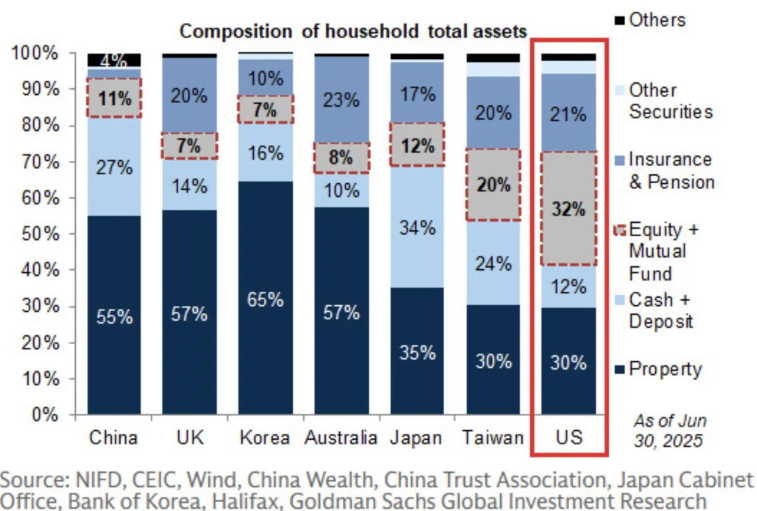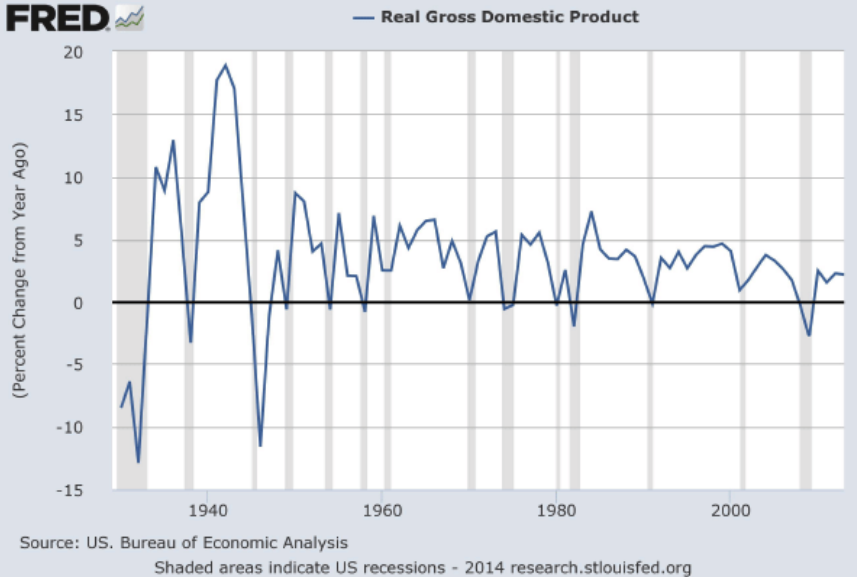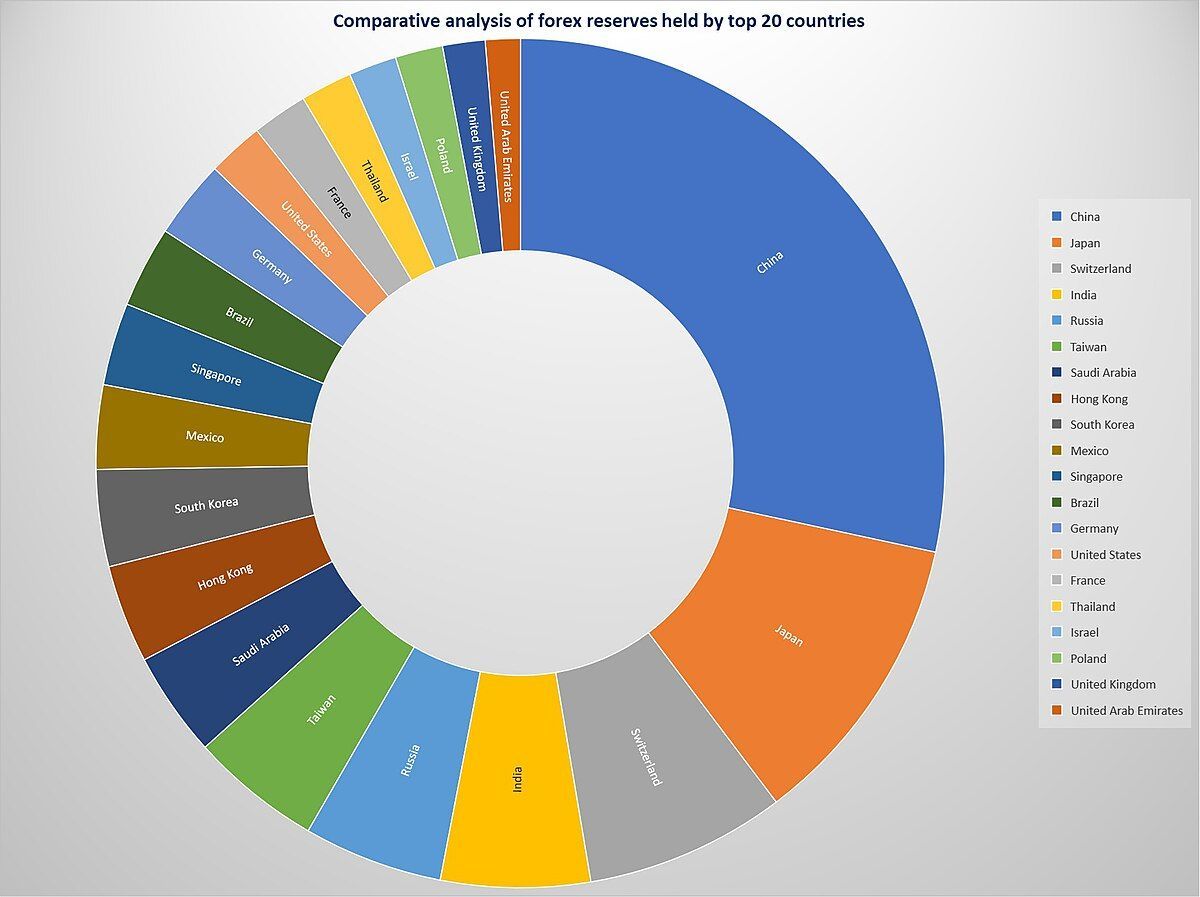Colin Read • May 26, 2024
A Colossal Transfer - May 26, 2024

(graph courtesy of https://eab.com/resources/blog/enrollment-blog/what-the-looming-demographic-storm-means-for-your-state/)
We note frequently the primary goal of economics over the last century and a half. Economists tend to say far less about issues of fairness and equity and instead focus on efficiency, defined as the wringing-out of as much of value we possibly can given the (hopefully sustainable) resources available to us. It is an exploration of waste minimization and bang-for-the-buck maximization.
I follow this principle liberally. It is foolhardy to aggressively pursue efficiency if the result is such gross unfairness that people throw up their hands and detach from the economic system. Marie Antoinette may have suggested “let them eat cake” when the poor did not have enough food to eat, but a revolting populace instead insisted off with her head. People need a sense of fairness and that must modulate our pursuit of efficiency.
We see many consequences of the need for fairness and inclusion for all members of the economy. We recognize that the poor cannot afford the education both they deserve and we need to ensure they can contribute productively to society. Too little education and too much poverty also increases the cost of crime and the incarceration rate. We as humans also value compassion, and none of us want to imagine a senior citizen, a child, or those with other challenges unable to have a safe and secure home and sufficient nutrition on their table.
In addition to a few other stints in the private and public sectors, I am a lifelong educator. I began teaching more than 40 years ago at the Davies, Laing, and Dick Sixth Form College in Marylebone, London, England and still enjoy conveying to students of all age the intricacies of economics as a tool for better public policy.
I see both the value in providing the right amount of education, especially to those least able to afford it, and I am glad that some of my tax dollars are used to support the least fortunate in society. I am also happy to pay taxes that invest in other ways into the future and increased sustainability of our economy and planet on behalf of our children and grandchildren. We all probably agree to these principles at some level, but we may differ in how much should be devoted to these various matters of equity and societal efficiency.
Our willingness to have such transfers of income and resources diverted from one group to another in society is based on the degree to which transfers go to those most in need and/or the circumstances that act as the best investment in the future.
Based on the criteria of need and investment benefit, I am bewildered about the dramatic expansion of student loan forgiveness. I certainly do not begrudge any recipient of this program, but wonder about whether the program is good economics or bad political pandering.
If student loan forgiveness is designed to assist a group in dire need of relief, I imagine that the low income elderly, those who grow up in areas with few opportunities, poor schools, and high unemployment, children living in poverty, and those disadvantaged in other ways would be our paramount goal. Certainly people who have decided to invest in their future through student loans that make publicly subsidized colleges even more affordable already have a leg up on many in society. About 45% of our population have attained an associates college degree or more, and on average enjoy higher lifetime income, lower exposure to crime, and greater life expectancy.
We as a society may wish to improve access to college nonetheless, perhaps even with some strings attached that more highly subsidize education for the jobs of the future. The next question then is to ask if the recent program of student loan forgiveness fulfills these goals.
The answer is a resounding no. First, student loan forgiveness is not directed at those so burdened with loans that they cannot contribute as much as we would wish to society. Forgiveness is merely a transfer from us all to the minority of us who attended college. Second, it does nothing to improve access to college for those deserving students today who cannot afford to attend. In other words, it scores no economic points, even if the program designers perhaps consider it a political touchdown.
If we were to design student loan subsidization to ensure more people invest in more education in the areas we need the most, we would be subsidizing future loans, not canceling the debt of past students, many of whom are earning a very good quality of life.
How much has this program of student loan forgiveness cost us over the past few years? About $167 billion in loans have been forgiven over the last few years, and another round of forgiveness has been proposed. About 150 million singles, heads of households, and married couples file a tax return in the United States, and about 90 million pay taxes. The student loan forgiveness program has taken on average almost $1,800 from each taxpayer and conferred $35,000 of benefits to a much smaller share of the population that is college-educated and far more likely to be in the upper echelons of income. This redistribution of income from us all to those likely to earn a higher income is contrary to our principle of income tax progressivity.
Of course, the lack of progressivity could be remedied if student loan forgiveness is carefully means-tested to ensure it is directed to only those on low income. Instead, the program is not discerning. Most people who received forgiveness benefits did not even have to file for the tax rebate.
If the way this program has been administered does not seem to address the principle of fairness or equity, does it at least enhance accessibility to education? Not at all. The benefits conferred do not make it easier for our current cohort of young people to attend college. These benefits only go to those before them and perhaps even their parents. College remains increasingly unaffordable to those who really need it. In fact, since the program did not identify where it would find new monies to pay for these transfers, the program simply ran up the level of national debt, the burden of which will fall far more heavily on our children unable to benefit from this political largesse than on those well before them that received forgiveness on average of $35,000 for its 4.75 million recipients.
There is now a Plan B program to forgive even more this fall, just before the upcoming presidential election. This new plan will try to fix some of the major faults of the past plan by attempting to be more discerning based on need, but its prospects are probably reduced given the high cost of the past programs. It also remains backward looking by rewarding people who long ago made their education decisions rather than targeting future potential students who may be incentivized to go to college and gain credentials and greater productivity in the jobs of the future. Future students are not today's voters though.
Our picture of the day demonstrates the demographic cliff for the college-age population as echoes of the baby boom have fewer children. At the same time, employers are relaxing the requirement for a college education, and we have many times discussed the threat of Artificial Intelligence to jobs usually populated by college graduates. Reduced supply of students and reduced demand for some of their credentials, while graduates such as nurses and scientists remain in short supply, suggest a need to leverage student loan subsidization in ways that will make the greatest contribution to our future.
Unfortunately, concentrating benefits only upon those who were educated years ago is simply ineffective. Incentives must change future behavior, not reward past behavior that could not possibly predict the windfall we have bestowed upon them. There is a dire need to reoptimize education at all levels for transitions ahead of us. A couple hundred billion dollars could have really made a difference in future decisions. Giving that money instead to people who committed to decisions years or decades ago will translate into little overall economic improvement and may even widen the gap between the wealthy and those so poor that they never contemplated going to college. The program squandered a real opportunity, as well intentioned as it might have been.
If there is no case to be made from an efficiency or equity perspective, we shall see if it ends up being good politics this fall, at least if good politics is defined on the old style largesse that garners political support.









